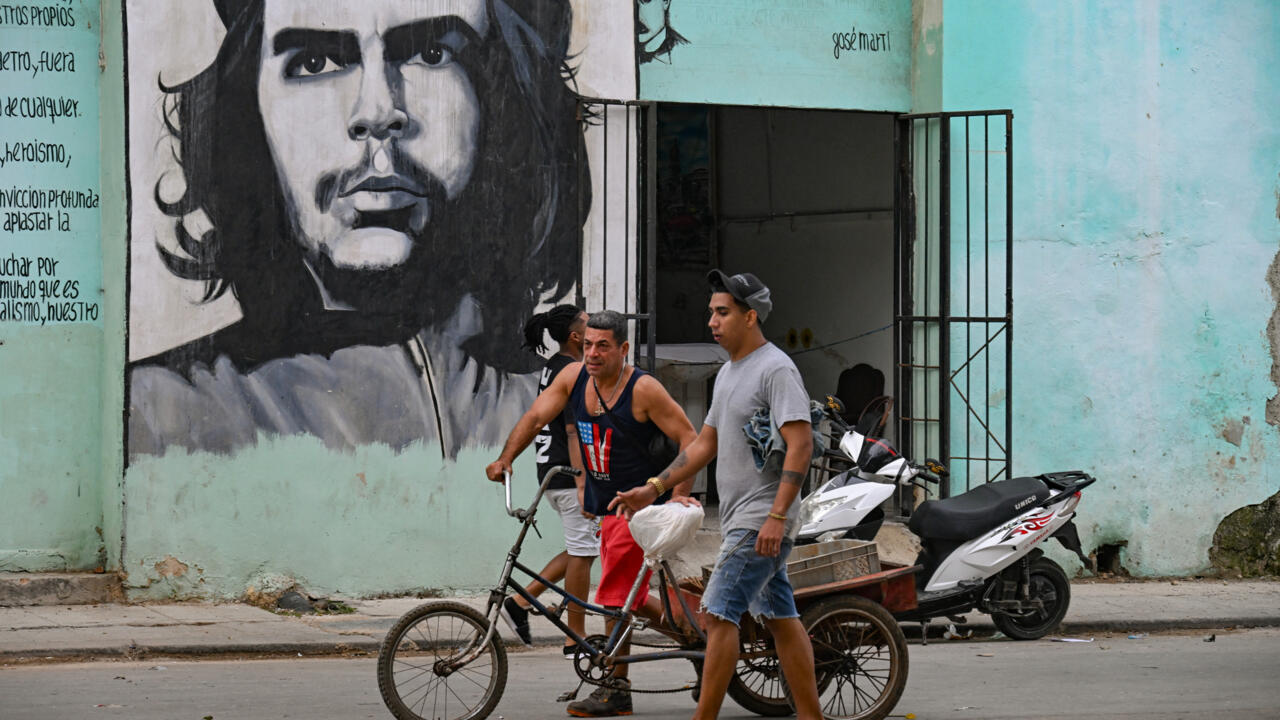Cuba announced that it would release 553 political prisoners following a significant shift in U.S. policy under the Biden administration. The decision came after the U.S. removed Cuba from its list of state sponsors of terrorism. This move was part of a broader set of actions aimed at improving diplomatic relations.
Most of the prisoners were arrested during the widespread protests across Cuba in July 2021, which led to over 1,000 arrests. The Catholic Church played a key role in facilitating the release by negotiating with the Cuban government.
Cuban President Miguel Díaz-Canel expressed his gratitude for the U.S. decision, stating that Cuba should never have been placed on the terrorism list. He acknowledged the high costs that these sanctions had imposed on the Cuban people. The Biden administration’s actions, which included notifying Congress about the decision, were aimed at facilitating the release of the prisoners. Officials indicated that they did not have any supporting evidence that justified Cuba’s continued designation as a state sponsor of terrorism.

However, the decision faced backlash from some U.S. lawmakers, especially those with Cuban American backgrounds. Republican representatives Mario Díaz Balart, Maria Elvira Salazar, and Carlos Gimenez criticized the move, calling it “pathetic.” Texas Senator Ted Cruz, a vocal critic of the Cuban regime, denounced Biden’s actions, stating that they were unacceptable given the ongoing repression by the Cuban government. He vowed to work with President Trump and other lawmakers to reverse the decision.
In Cuba, the announcement was met with optimism from residents who hoped the removal from the terrorism list would lead to more resources and opportunities. People like Dainerys Hernández, a bartender, and Joel Rivera, a public worker, welcomed the move, believing that Cuba never should have been on the list. This sentiment reflected a broader hope among the Cuban population for an improvement in their living conditions, brought about by the U.S. actions.
Along with removing Cuba from the terrorism list, the Biden administration also issued a waiver for Title III of the Helms-Burton Act, which previously allowed lawsuits over confiscated Cuban properties. Additionally, Biden rescinded the National Security Presidential Memorandum imposed during the Trump administration, which had intensified economic sanctions on Cuba. These actions signaled a shift in U.S. policy toward Cuba, emphasizing human rights and offering potential relief for Cuban citizens and families impacted by the sanctions.
